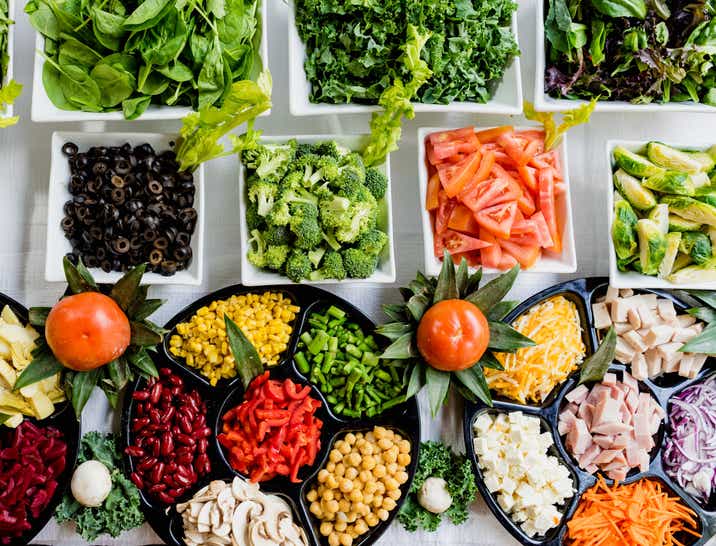With the advent of modernization, many Home Moms aspire to balance raising children full-time with managing a part-time business. This shift has popularized the term “mompreneur” in the small business world.
This article aims to capture your attention by offering insights and tips on starting a home-based salad business. Salads range from simple lettuce combinations to exotic mixes of fruits and vegetables. Before launching, identify what makes your salads stand out. You could use locally sourced ingredients or grow salad items in your backyard garden to ensure a completely organic product. Differentiate your salad offerings by adding vegan, Italian, or French twists. Begin with a cherished family recipe as your signature product and expand by introducing new salads as you establish your customer base.
**Organic, Vegetarian, and Vegan**
Ensure clarity in what you offer to clients. Many vegans adhere to a strict diet. While vegetarians generally avoid meat, some consume dairy products like eggs, milk, and cheese. Vegetarians primarily consume plant-based foods. If you advertise your salads as organic, all ingredients must be certified. Thus, using a vegetable oil not certified organic in dressings is a misrepresentation.
**Know Your Competition**
Understanding your target audience is invaluable. Salads are available at pizza parlors, fast-food joints, grocery stores, upscale restaurants, and gluten-free eateries. Define your niche and competitors based on your salads’ quality, ingredients, and pricing. A fast-food chain might not be a direct competitor due to cost and selection differences, but a health food store might be. For each competitor, pinpoint why your salads stand out in your market niche.
**Product Pricing**
Pricing plays a critical role in business operations. Research your customer base and other entities like food trucks and vegan restaurants to gauge market pricing. Profit hinges on sales, which are influenced by pricing and volume. If your prices significantly exceed those of competitors, you might see a dip in sales. Conversely, setting prices too low could require a spike in sales to cover costs. Remember, never underprice your offerings!
**Cost Control**
Regularly review your suppliers to ensure top-notch quality. Vegan dishes often require fruits, vegetables, seeds, nuts, and other organic products. Freshness is paramount, especially for perishable items. Rotten ingredients not only tarnish your reputation but also entail replacement costs. Consider sourcing from farmers’ markets; some vendors might offer discounts to regular patrons.
**Determine Your Market Niche**
Your salads can cater to some. A market niche comprises customers with shared characteristics. Decide early on if you’ll target wholesale grocers, gourmet stores, or individual consumers. One retail niche might cater to individuals enrolled in weight loss programs. Another avenue is collaborating with gym owners to have trainers promote your products. Alternatively, you could establish a café dedicated to your salads.
**Device Marketing Strategies**
Craft marketing messages highlighting what sets your salads apart from the competition. After defining your market niche, devise your marketing plan accordingly. For example, suppose you’re operating a salad food truck. In that case, keeping potential customers informed about your location and timings is essential. This could be achieved through a social media campaign or advertisements. Distribute flyers in offices, establish a digital presence (website, social media pages), or both. Your specific strategies should align with your target audience and sales approach.
**Business Details**
Lastly, pay attention to the importance of administrative formalities. Ensure that all necessary registrations and licenses are in place before commencing operations. This includes state and possibly city business licenses. Health authorities must inspect your preparation area. You might also require a sales tax license for retail sales. Furthermore, clarify payment methods; if you lack a bank account, it’s high time to open one.
Like any venture, becoming a successful “mompreneur” in the salad business requires dedication, research, and a clear understanding of your target market. You can carve a niche in the bustling food industry by offering quality, unique salads and ensuring organic and dietary claims transparency. Whether sourcing ingredients from your backyard or partnering with local gyms, remember that the essence lies in authenticity and consistent quality. As you embark on this green journey, stay informed, remain adaptive, and let your passion for healthy, delicious salads drive every business decision. Happy salad-making!
